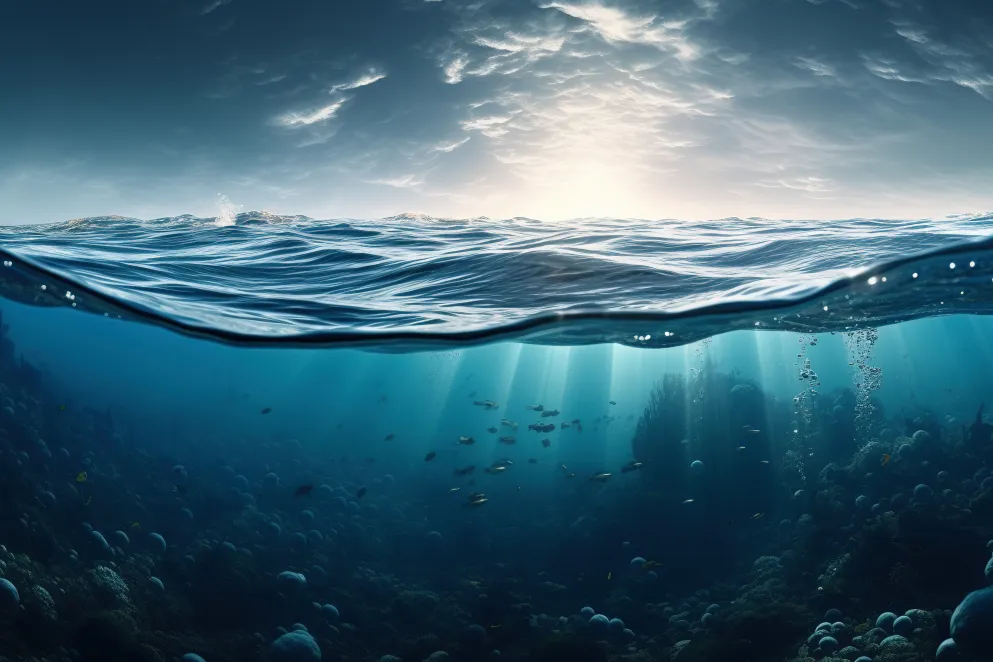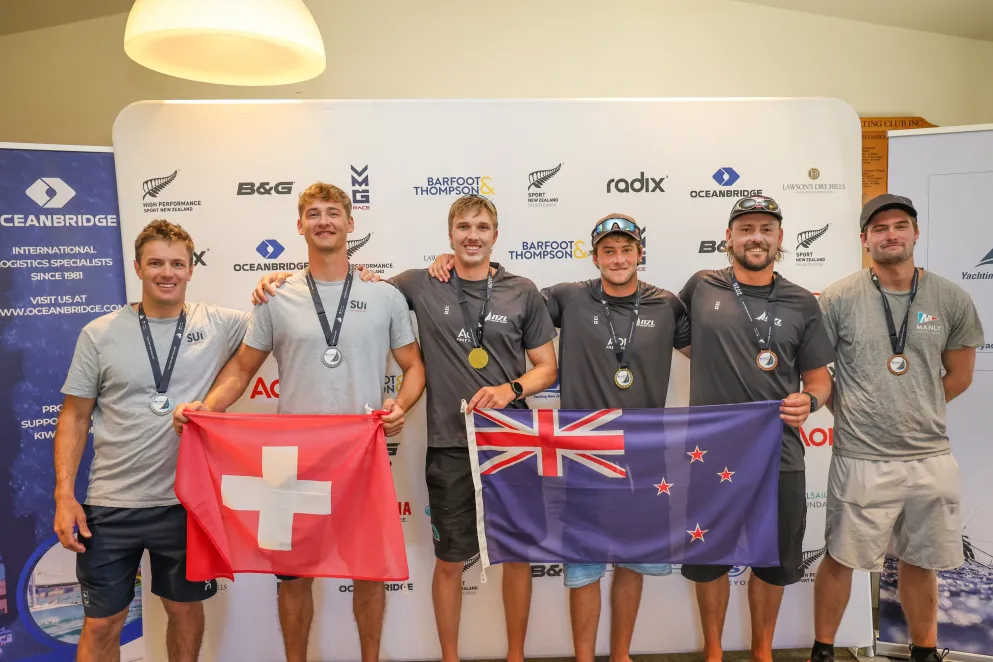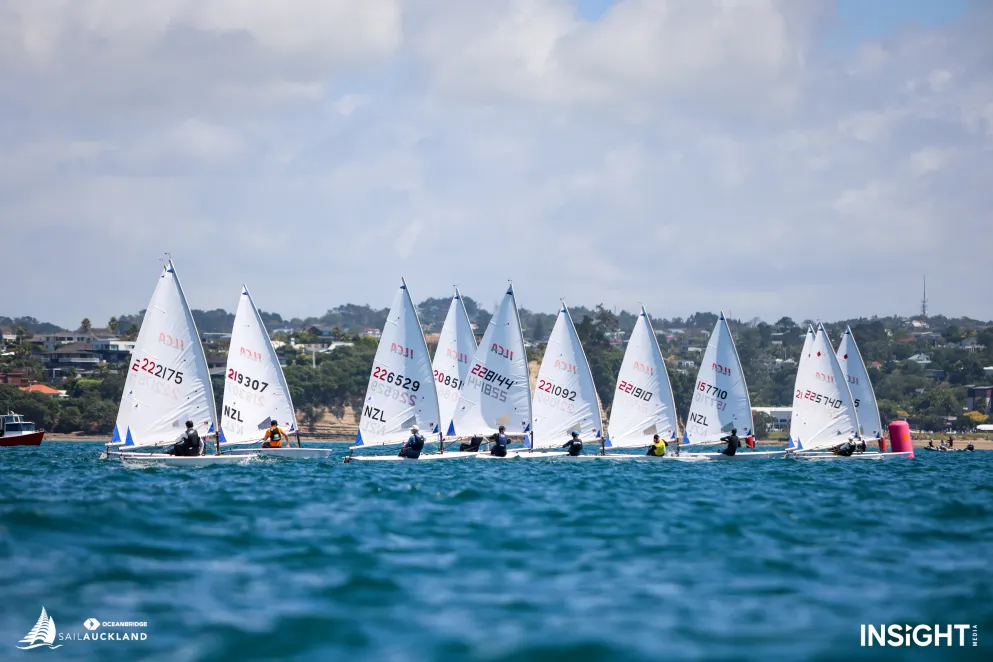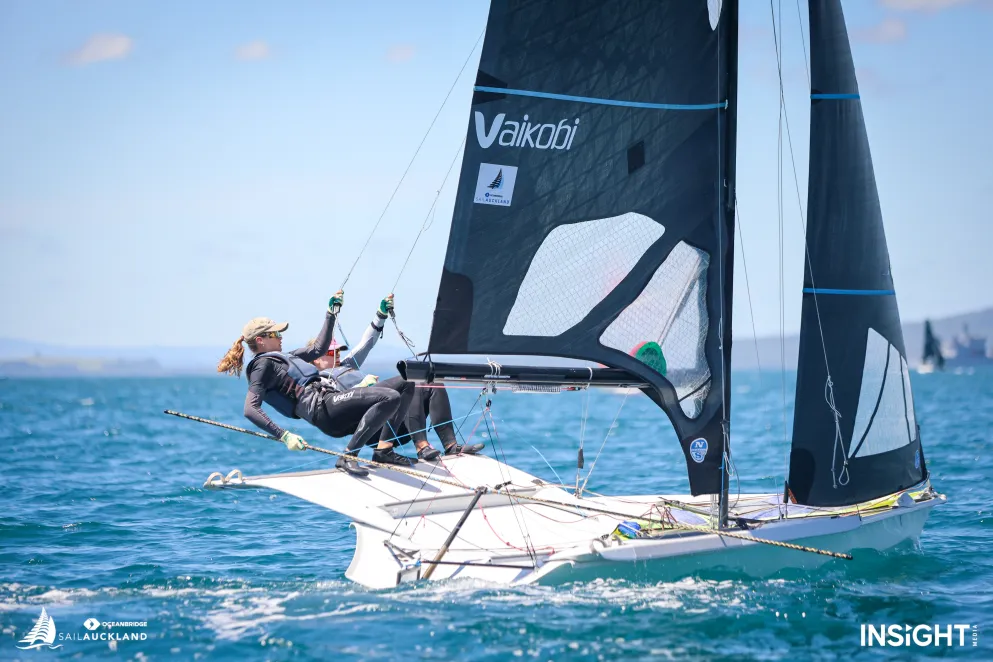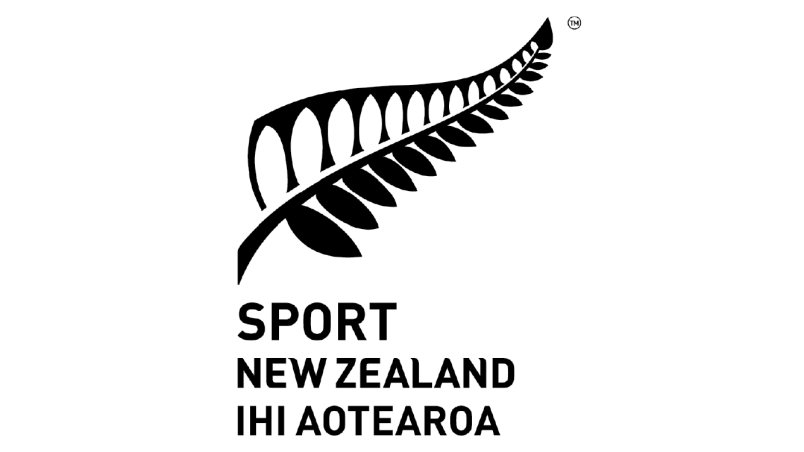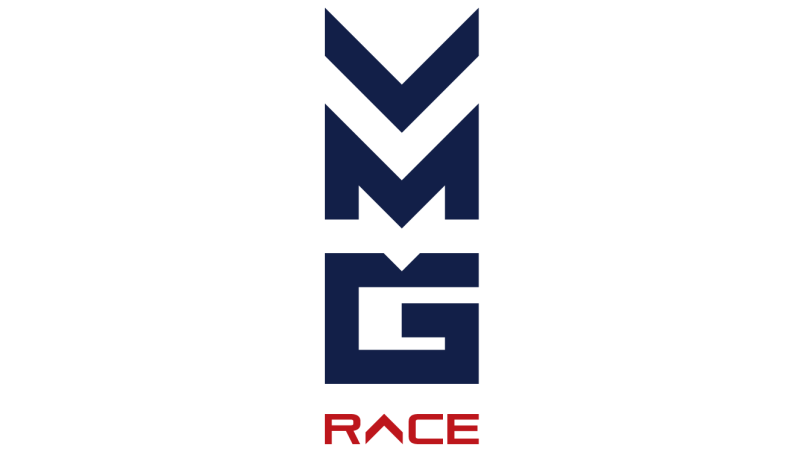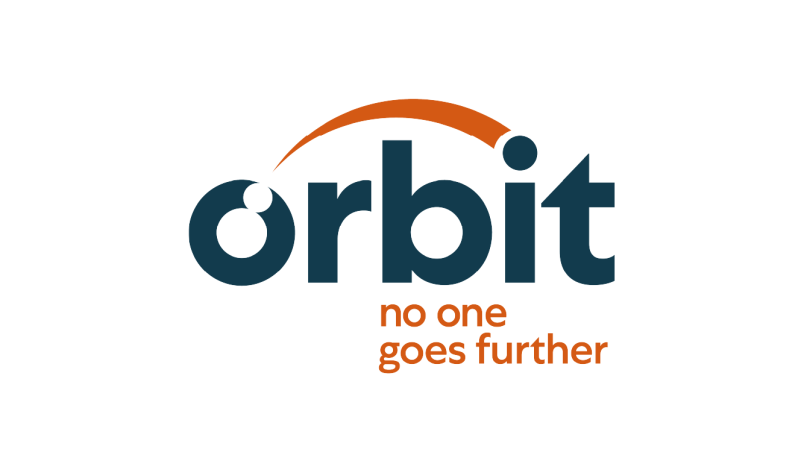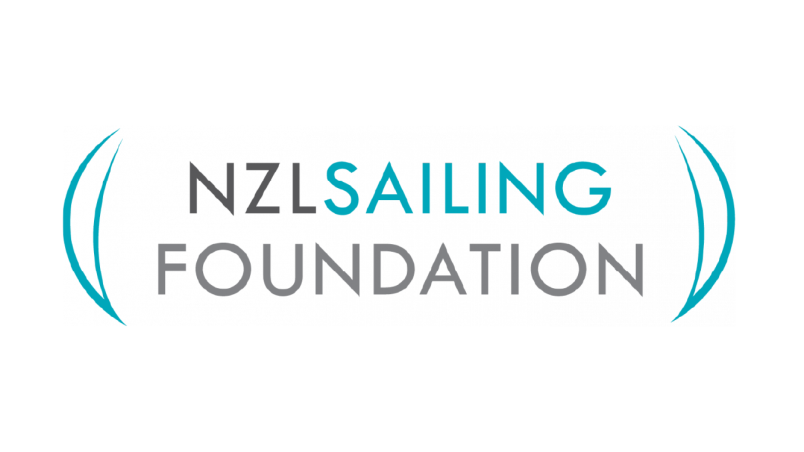'Shared vision of sustainable yachting community': Clean Club programme set for refresh
Yachting New Zealand is working to refine its Clean Club programme following a review of the groundbreaking environmental initiative.
Now in its third year, the Clean Club is a world-first framework designed to kickstart the environmental sustainability journeys of our 108 member clubs through easy-to-follow steps.
It was born from Yachting New Zealand’s strategic vision "to have a positive impact on environmental issues that affect member clubs and their wider community," and focuses on five areas: administration and leadership, waste management, resource conservation, community outreach, and education.
It also gives clubs a clear and practical starting point, courtesy of a best-practice list that can be tailored to each club's own environmental sustainability goals and capacity.
The programme offers three different levels of recognition for clubs’ efforts, allowing them to move from one to three stars, depending on how many best-practice sustainability criteria are achieved.
To date, 44 clubs have registered for the programme, with 13 clubs already certified.
According to Yachting New Zealand's education lead, Alisa Torgersen, a survey was sent out to certified clubs, as well as those who have registered to become a Clean Club but have not yet taken the next step.
"Our environment is constantly changing, and as a result, Yachting New Zealand was looking for participating clubs' input to help refresh and improve the Clean Club programme," Torgersen says.
"Participants' insights are invaluable in helping us refine and enhance our initiatives, and we want to thank those who took the time to share their feedback and contribute to our shared vision of a sustainable yachting community."
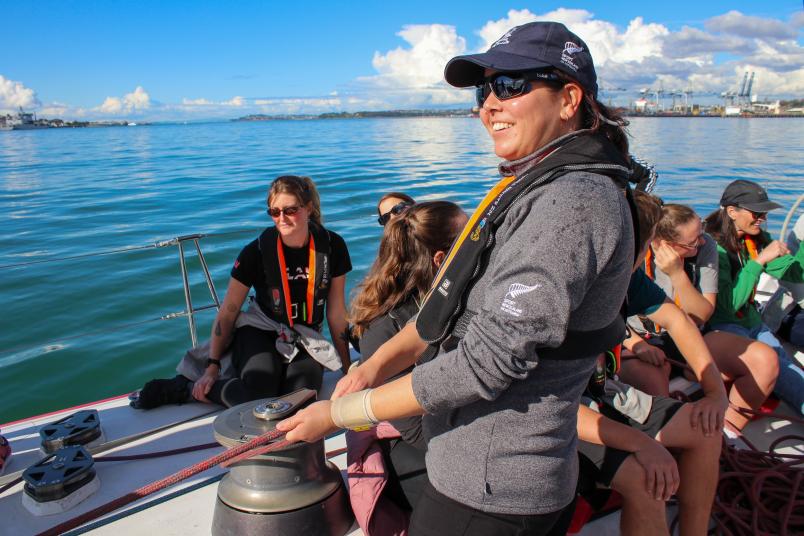
Respondents were asked about several aspects of the programme, including the certification process, the five focus areas, and the guidance Yachting New Zealand provides.
"Feedback was overwhelmingly positive, with both groups showing strong appreciation for the programme and the role it plays in recognising and promoting environmental consciousness," Torgersen says.
"They also value the structured guidance it offers clubs to minimize their environmental impact."
Participants found the information available on the Clean Club website to be adequate, while the best-practice list emerged as the most useful resource for both groups.
Suggestions for improvement included tailoring the programme to better suit keelboat and cruising clubs, as well as those located inland.
"Some clubs were also interested in the possibility of accumulating points across various sections of the programme, rather than within each section individually, while many were in favour of a three-yearly renewal process," Torgersen says.
"We value this feedback, and having this data allows us to consider how best to shape Clean Club for 2024 and beyond."
For more information about the Clean Club programme, click here or email Torgersen at alisa@yachtingnz.org.nz.
